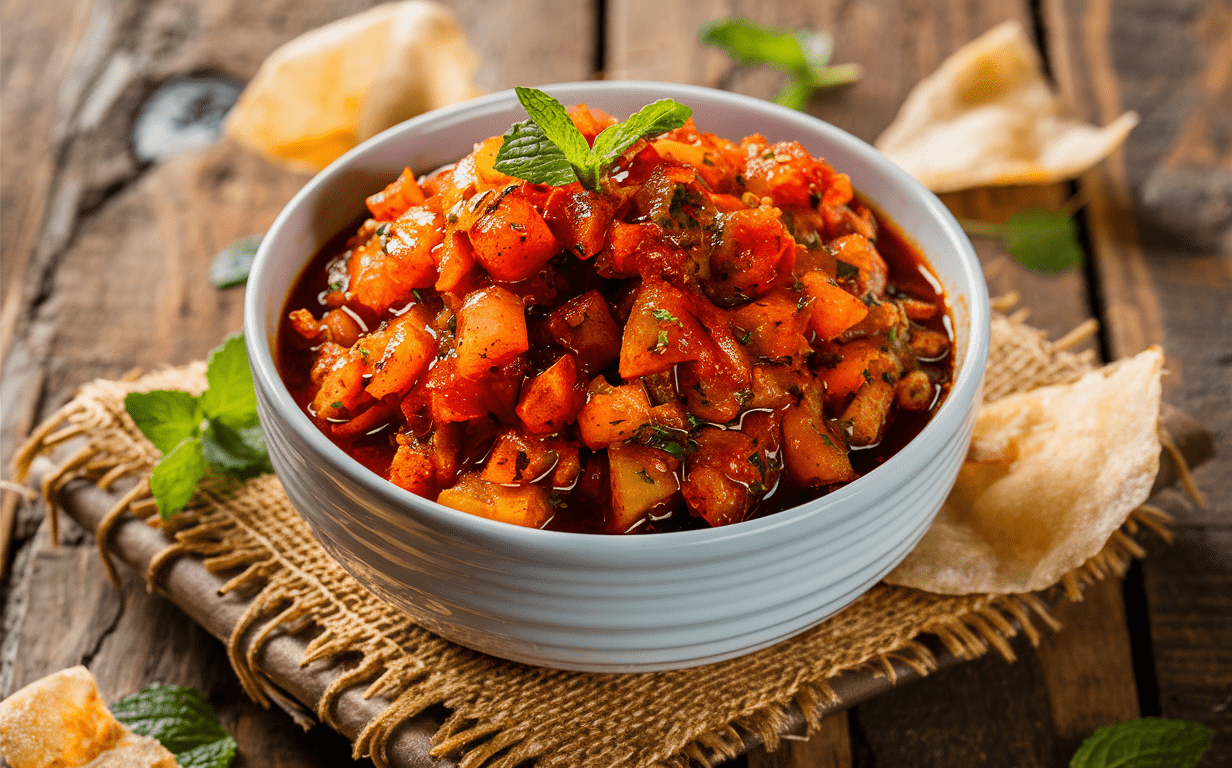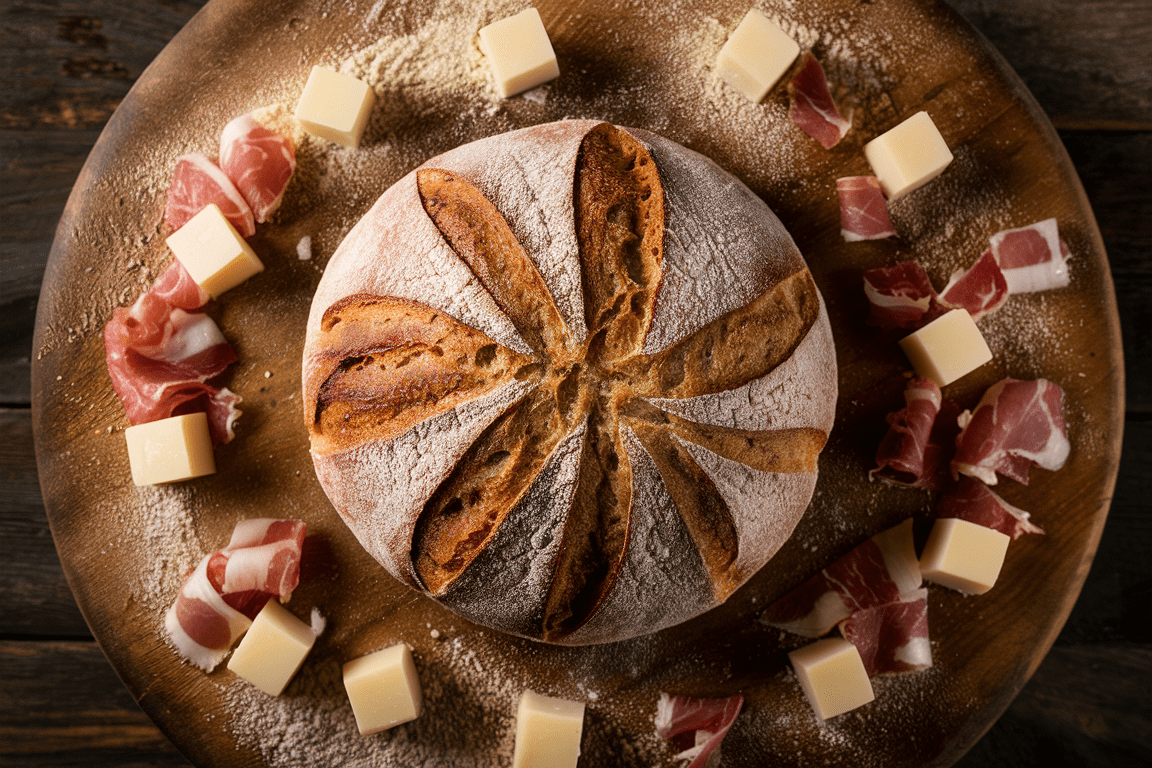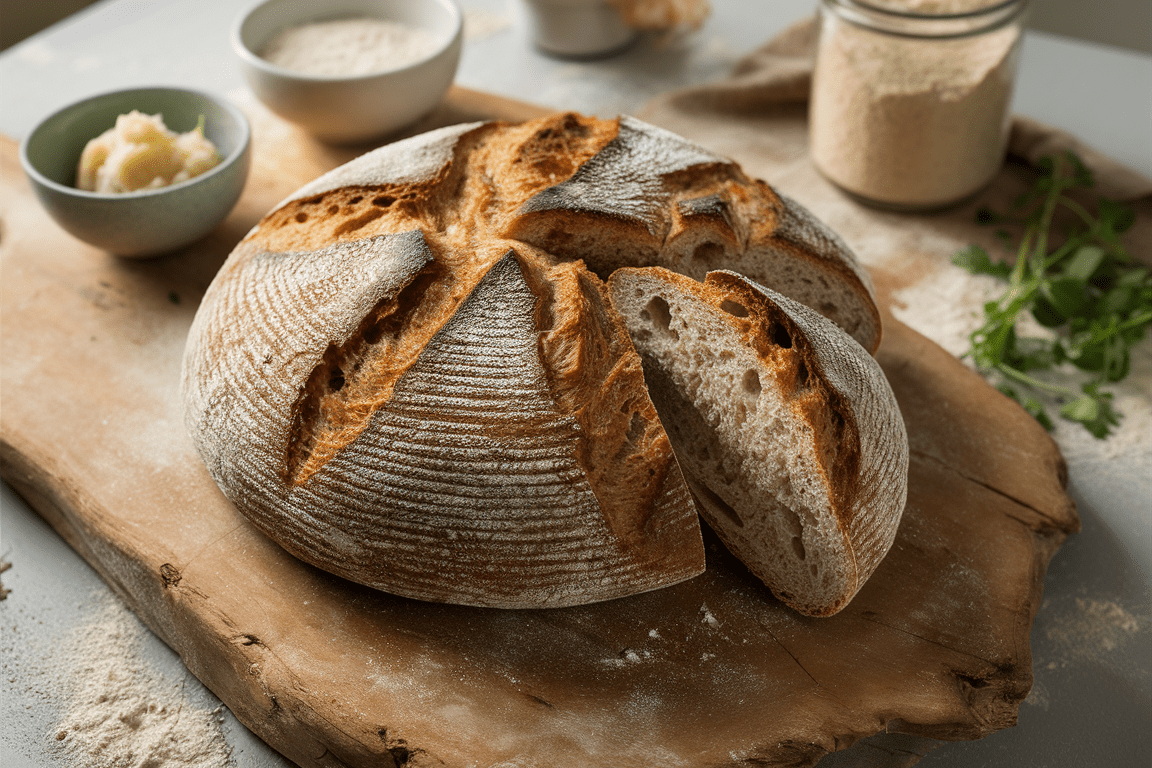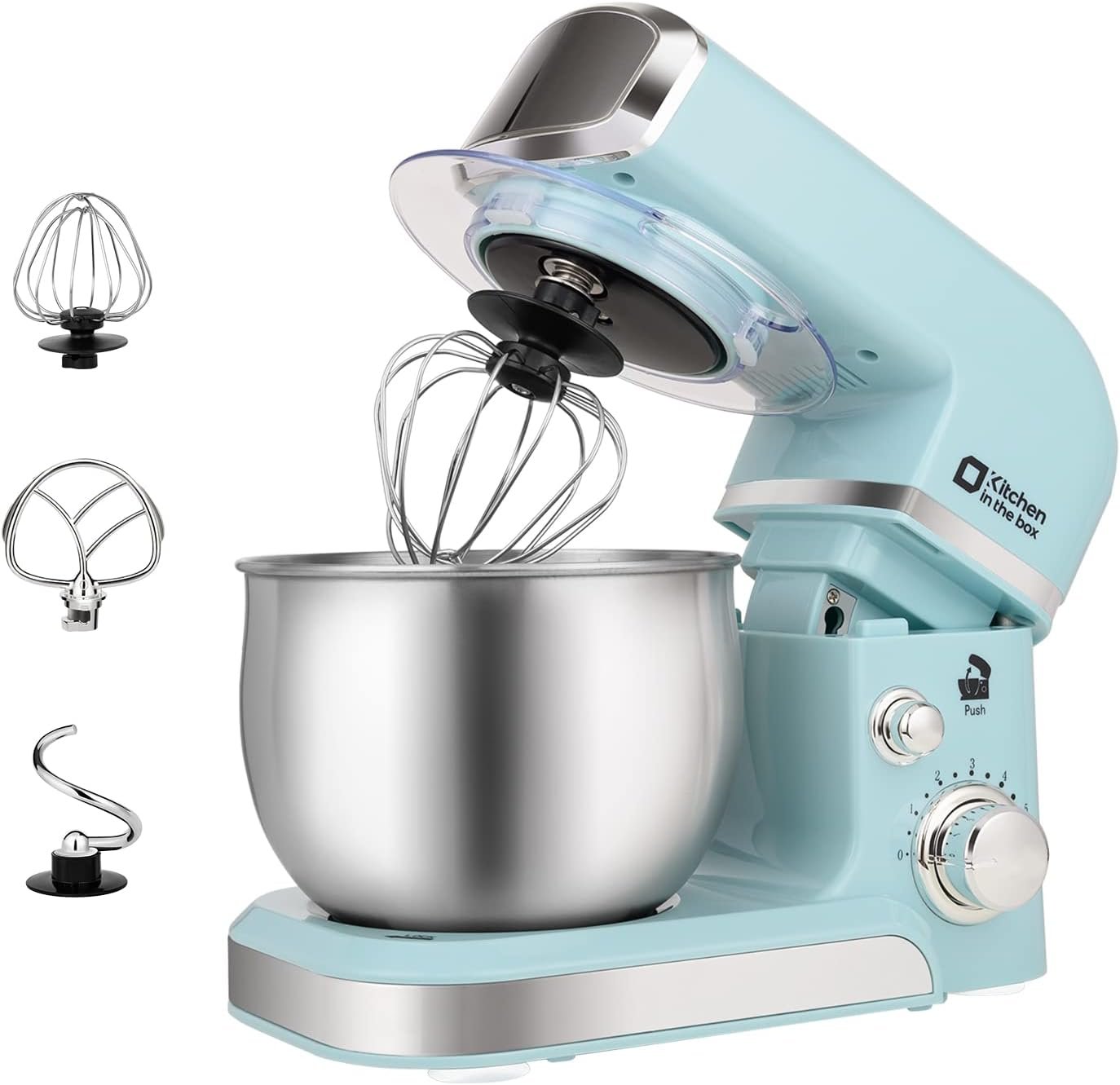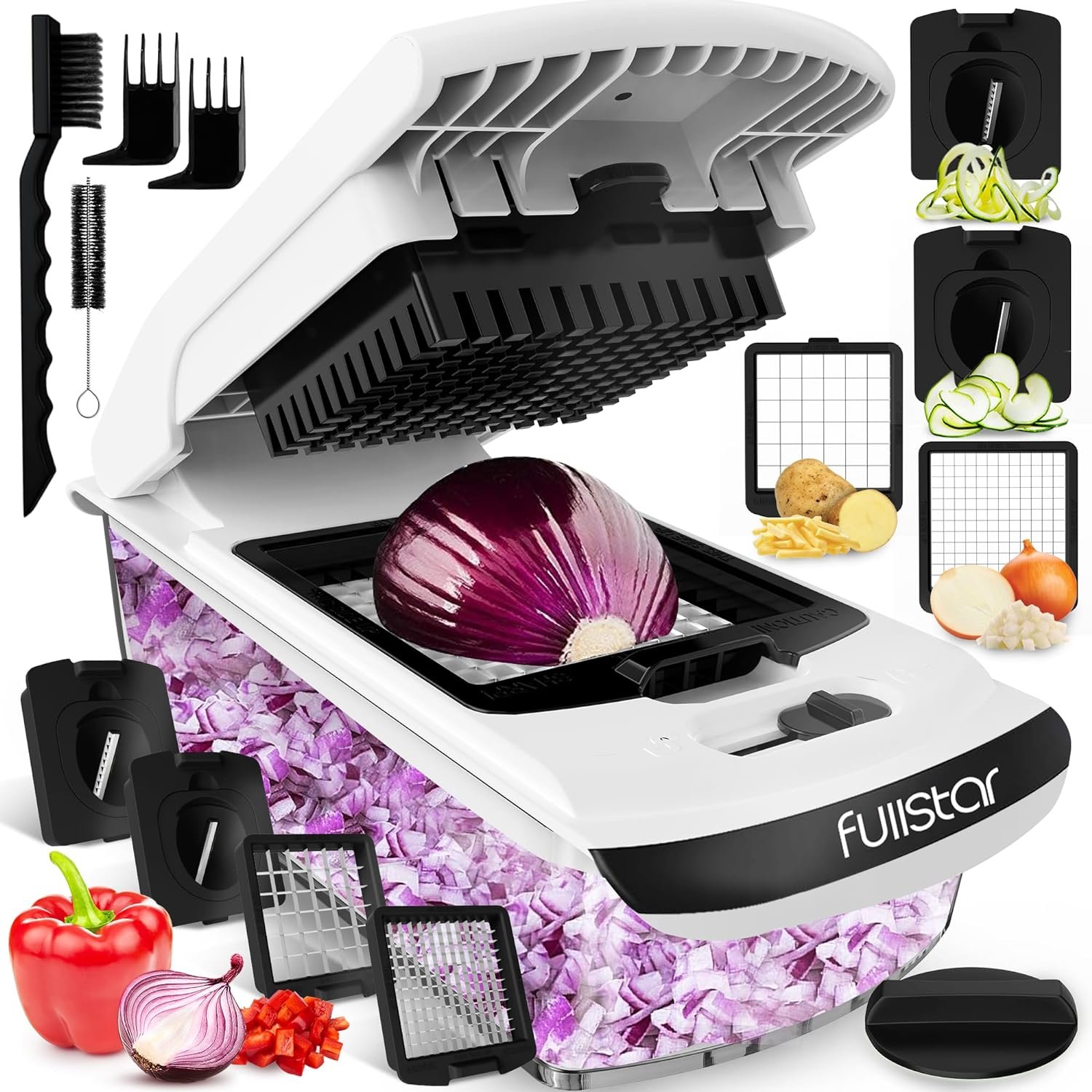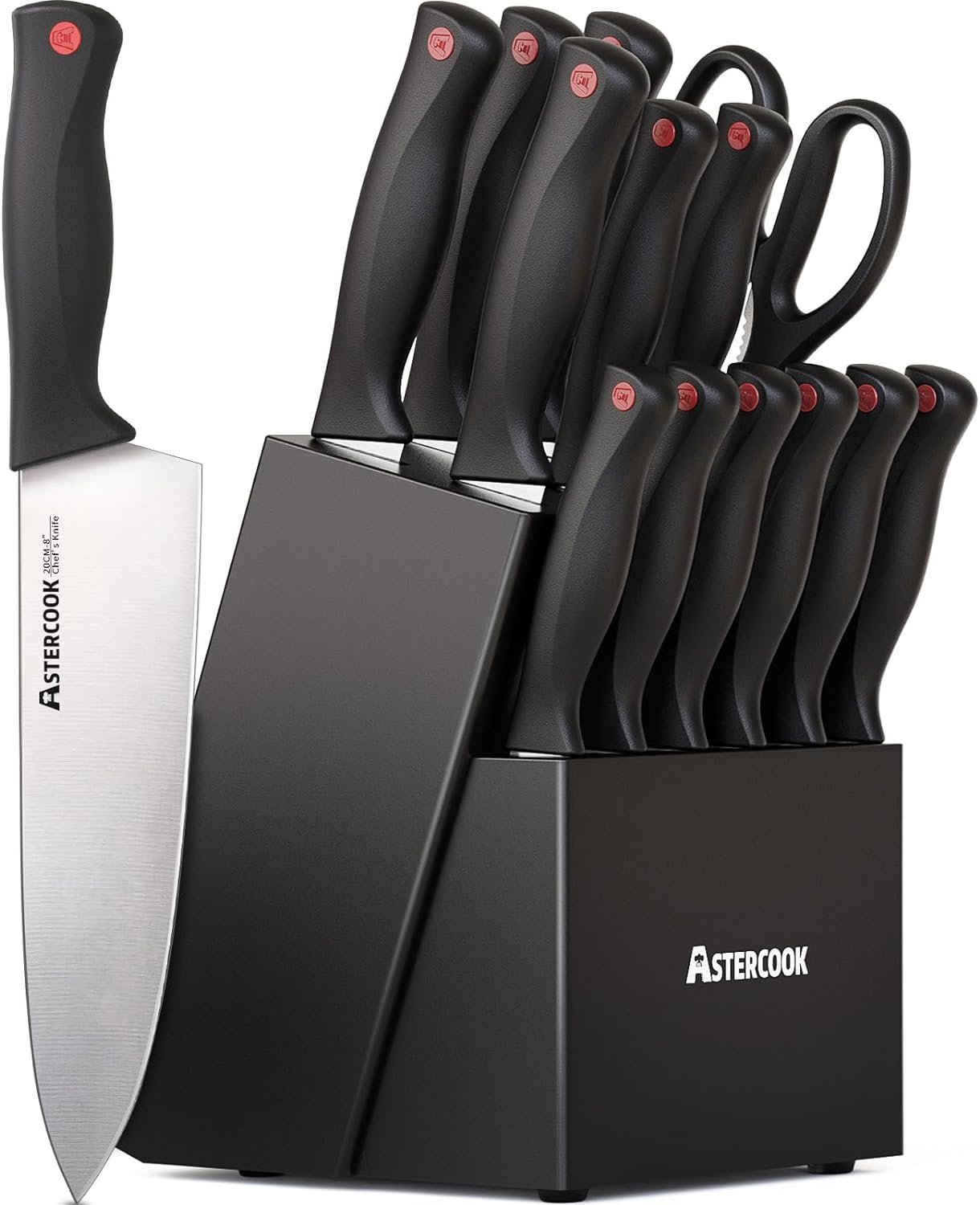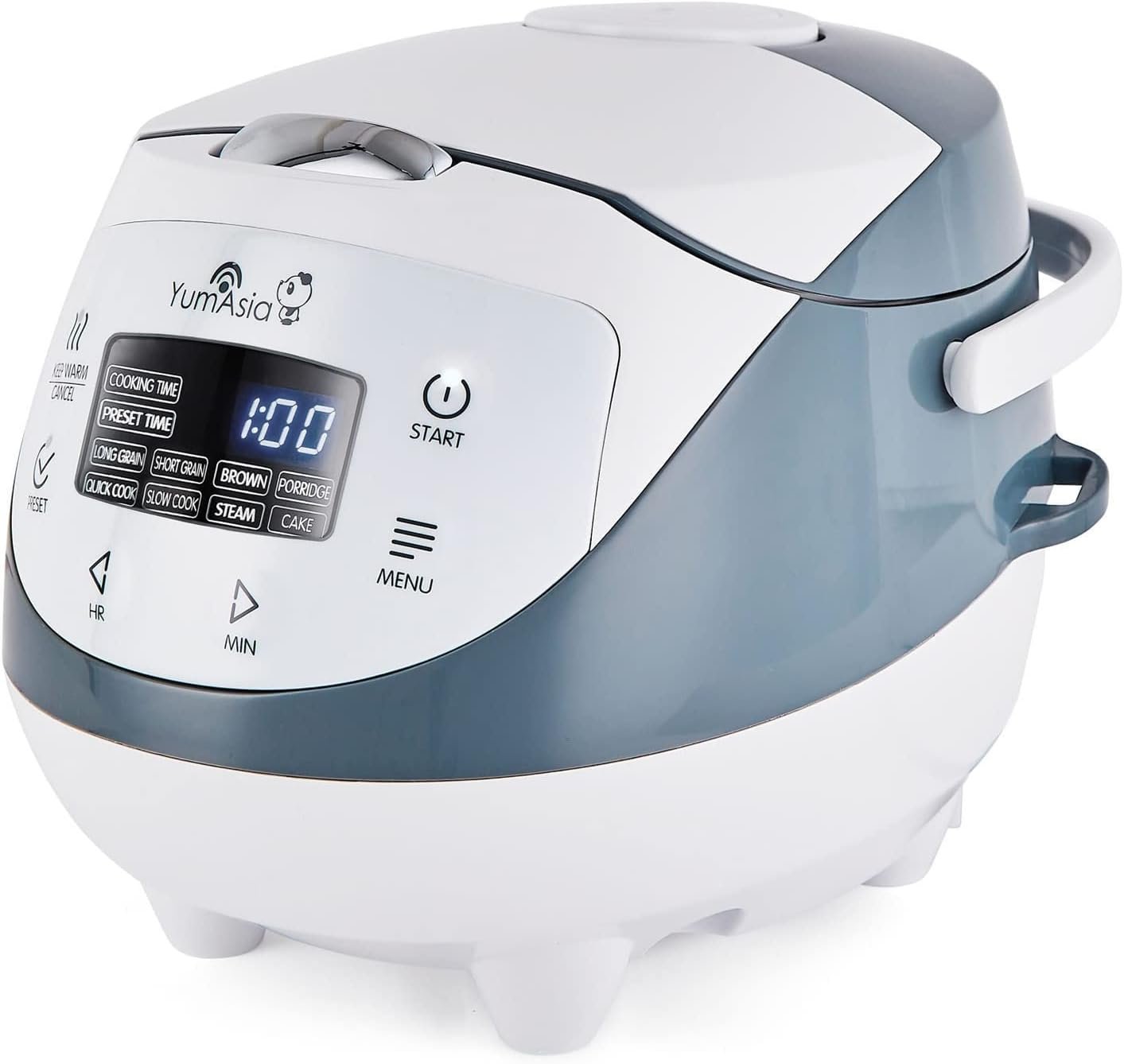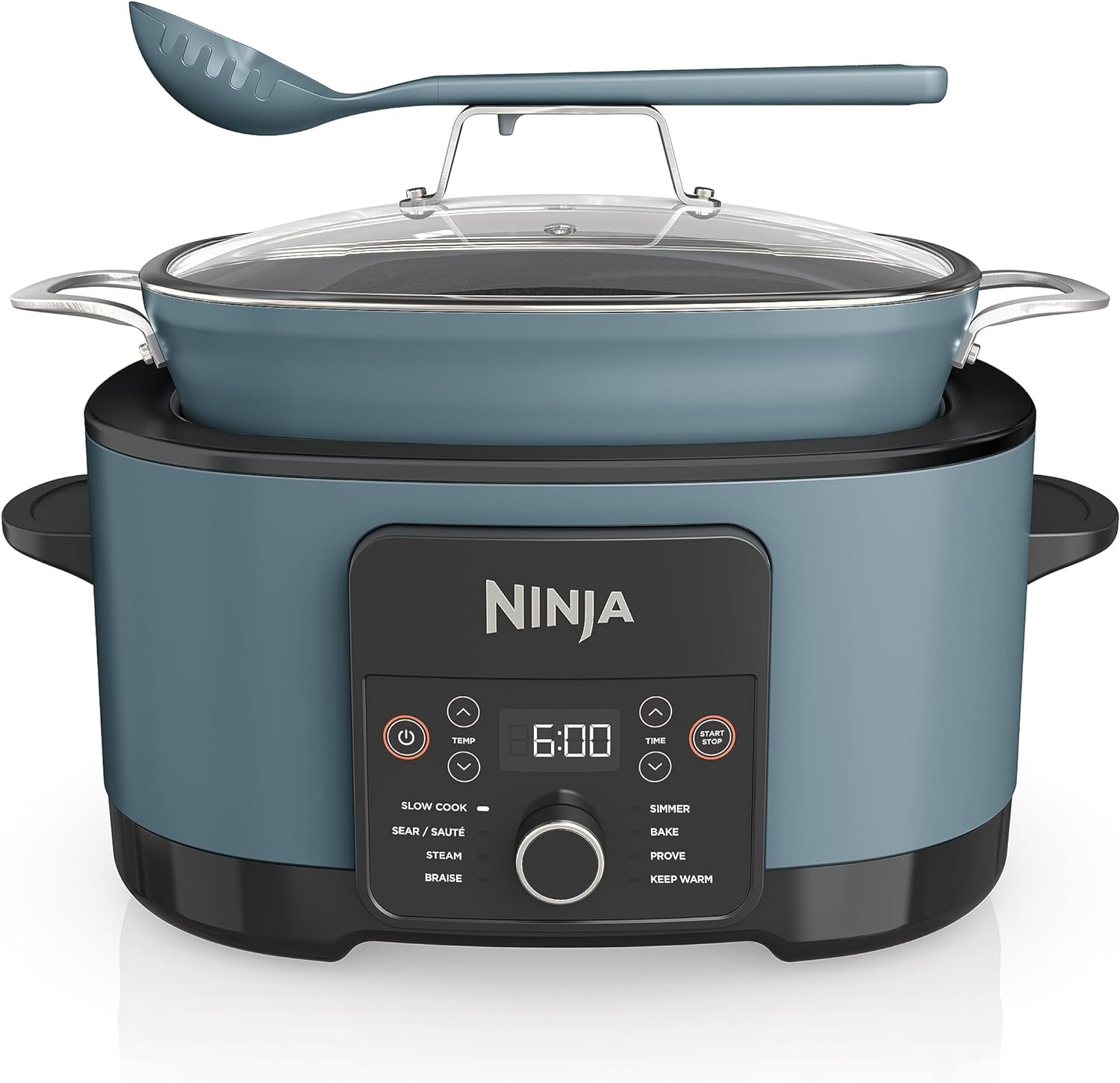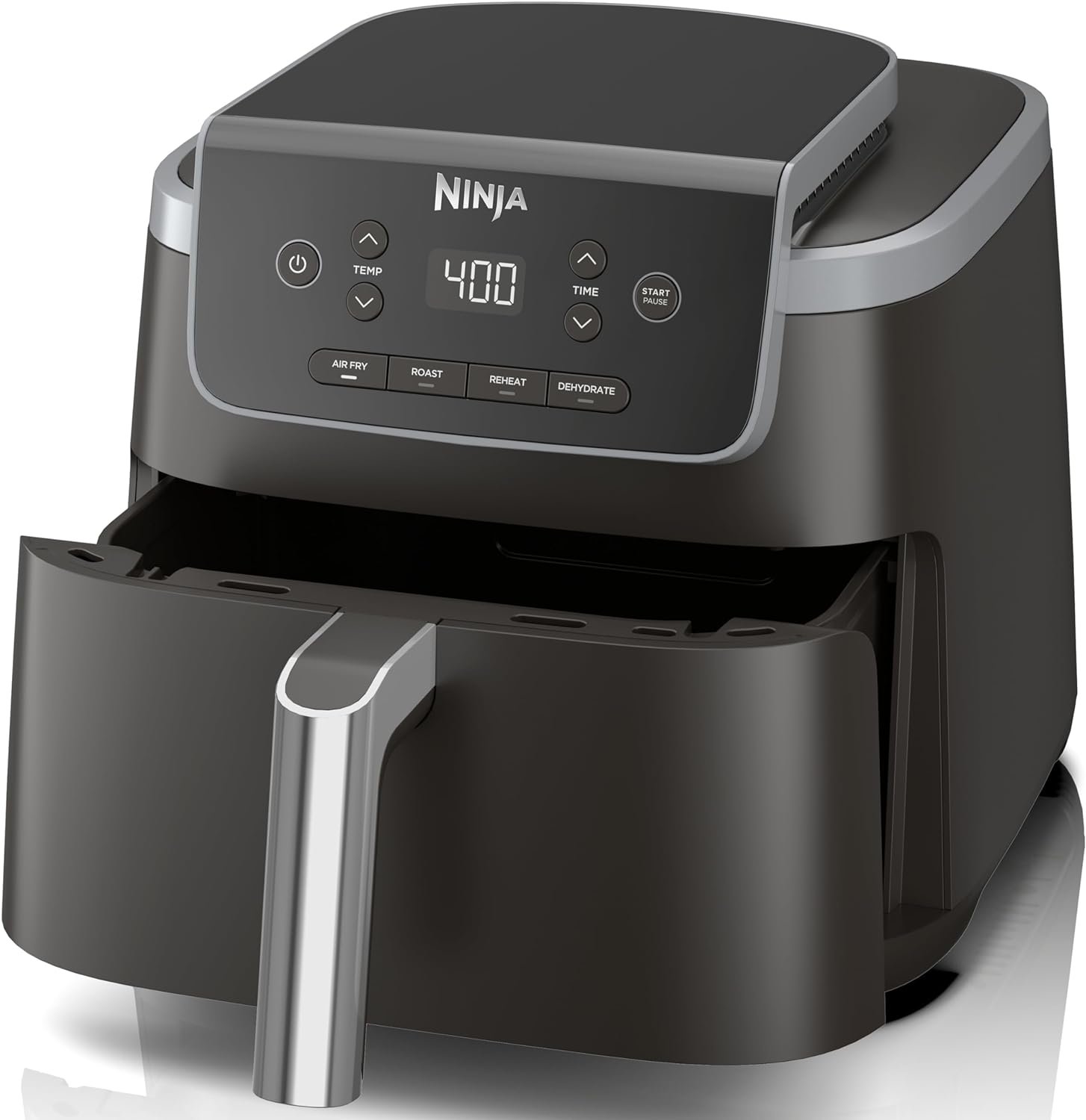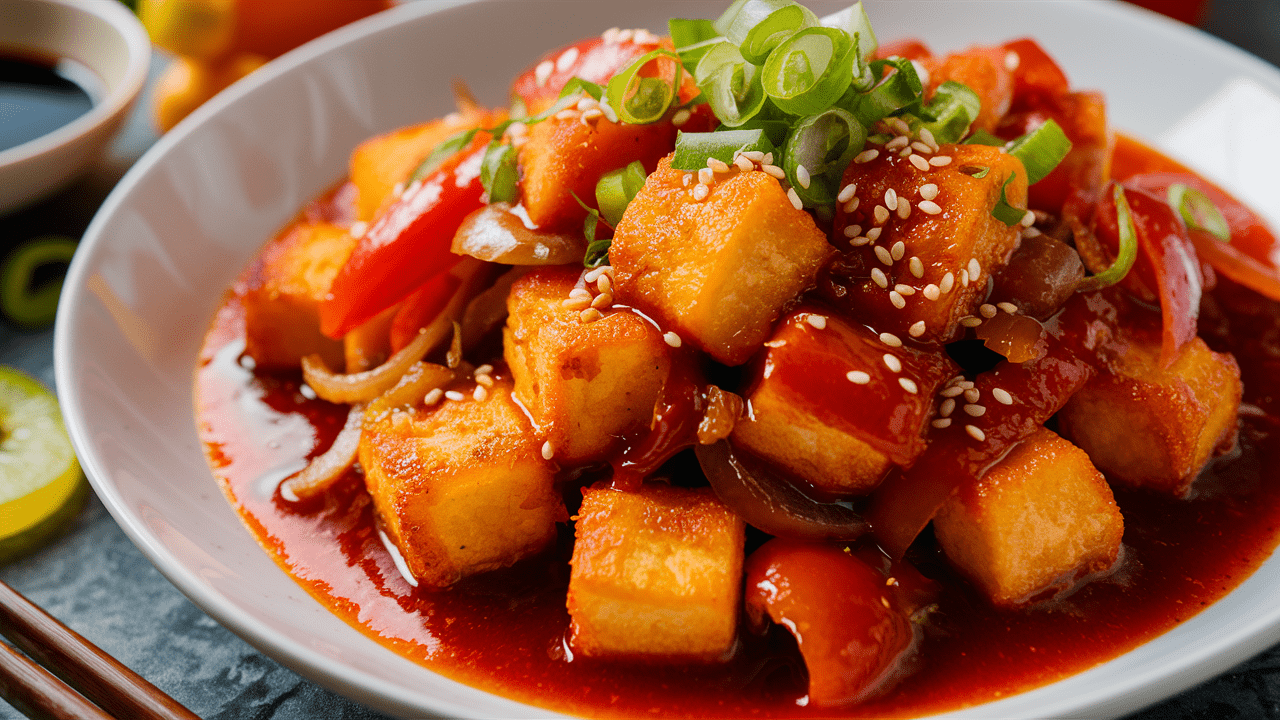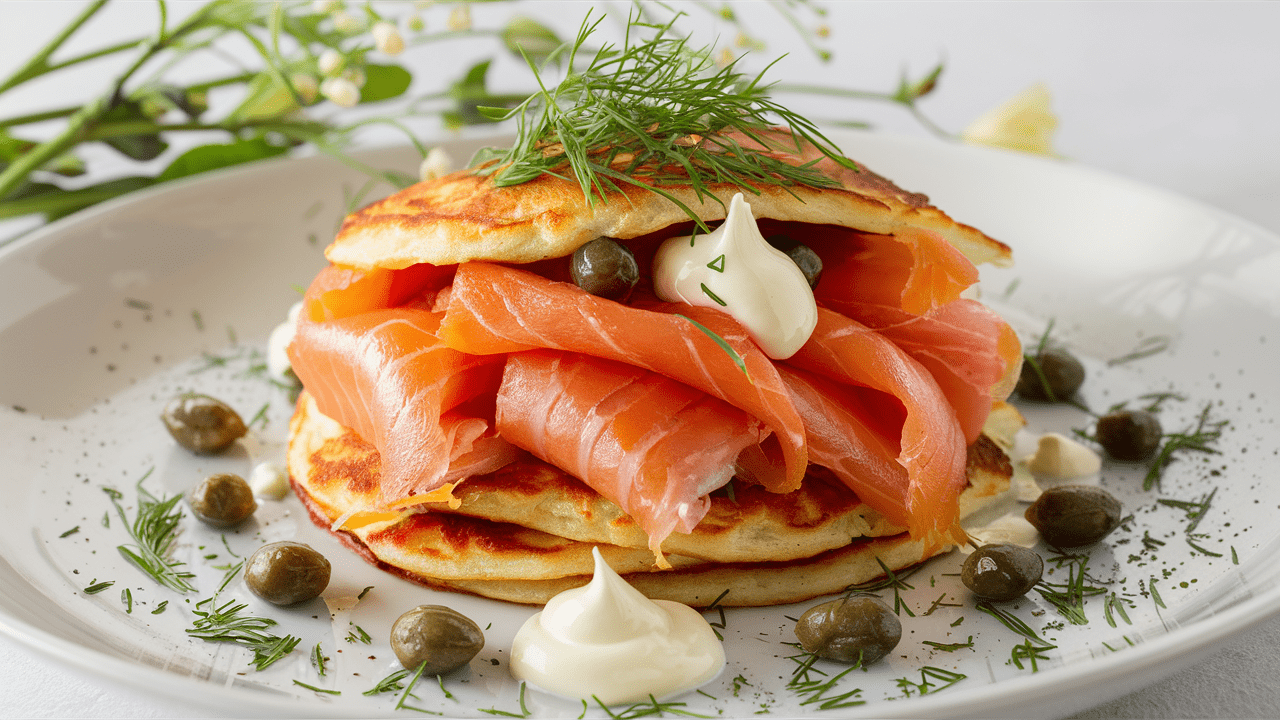There’s something truly satisfying about biting into a perfectly made Scotch egg. This classic scotch eggs recipe is the epitome of comfort food, combining a tender boiled egg encased in seasoned sausage meat, all wrapped in a crisp, golden breadcrumb shell. Whether enjoyed warm or cold, Scotch eggs are a treat that brings a touch of gourmet to any occasion.
History:
Did you know? Despite their name, Scotch eggs were not invented in Scotland. These delightful morsels were first created by Fortnum & Mason, the renowned London department store, in 1738. They were designed as a convenient snack for travelers, providing a portable and protein-rich meal for those heading to their country estates.
Serving Suggestions:
Scotch eggs are incredibly versatile and can be served in a variety of ways. They make a delicious picnic snack or a hearty addition to a lunchbox. For a more sophisticated presentation, serve them on a bed of fresh greens with a dollop of tangy mustard or your favourite dipping sauce. Pair them with a light, crisp salad and some pickled vegetables to balance the richness of the sausage meat.
Storing Instructions:
If you have any leftover Scotch eggs, you can store them in the refrigerator. Place them in an airtight container where they will keep well for up to three days. To prevent the breadcrumbs from becoming soggy, avoid covering them with plastic wrap directly.
Reheating Instructions:
To reheat Scotch eggs, preheat your oven to 180°C (350°F). Place the eggs on a baking tray and heat for about 10 minutes or until warmed through. This method will help maintain the crispy exterior. Avoid using a microwave as it can make the breadcrumb coating chewy instead of crispy.
Conclusion:
We’d love to hear about your experience with this Scotch egg recipe! Did you enjoy them warm or cold? What dipping sauce did you pair them with? Share your thoughts in the comments below and don’t forget to sign up for our newsletter to receive more delightful recipes straight to your inbox. Happy cooking!
Discover more delicious recipes by visiting our recipe collection. Click here to find your next favourite dish!
How to Make Scotch Eggs Recipe
Yum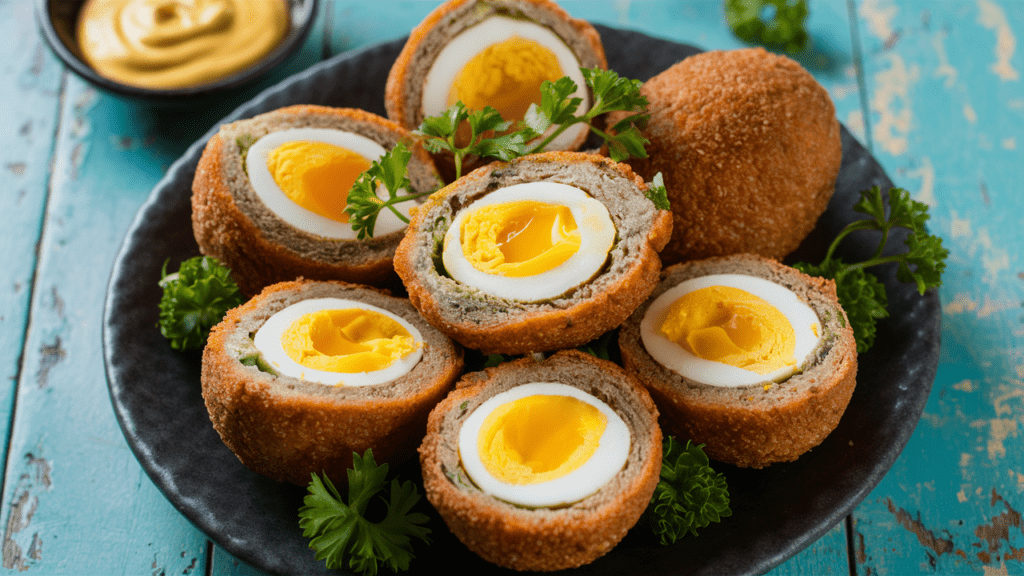
Authentic Homemade Scotch Eggs Recipe
Description
These crispy Scotch eggs are a delightful combination of tender boiled eggs encased in seasoned pork sausage meat, all wrapped in a crunchy breadcrumb coating. Perfect for picnics, lunchboxes, or as a gourmet snack, they bring a touch of British tradition to your table. Enjoy them warm or cold, with a side of mustard or your favourite dipping sauce.
Ingredients
Instructions
Boil the Eggs:
-
Prepare the Water
Place 4 eggs in a saucepan and cover with cold water.
-
Boil and Simmer
Bring to a boil, then simmer for 7 minutes for a soft yolk or 10 minutes for a hard yolk.
-
Cool the Eggs
Transfer the eggs to a bowl of ice water and let cool.
-
Peel the Eggs
Once cooled, peel the eggs carefully.
Prepare the Sausage Mixture:
-
Combine Ingredients
In a large bowl, combine the pork sausage meat, chopped chives, parsley, English mustard, and black pepper.
-
Mix Thoroughly
Mix thoroughly until all ingredients are well incorporated.
Wrap the Eggs:
-
Divide the Mixture
Divide the sausage mixture into 4 equal portions.
-
Form Patties
Flatten each portion into a patty.
-
Wrap the Eggs
Wrap each patty around a boiled egg, ensuring the egg is completely covered. Use plastic wrap to help shape the sausage around the egg if needed.
Coat the Eggs:
-
Prepare Breading Station
Set up a breading station with three bowls: one with flour, one with beaten eggs (2 eggs), and one with panko breadcrumbs.
-
Flour the Eggs
Roll each sausage-wrapped egg in flour.
-
Dip in Egg
Dip each floured egg in beaten egg.
Cooking:
-
Heat the Oil
Heat the vegetable oil in a deep saucepan or deep fryer to 180°C (350°F).
Fry the Scotch Eggs:
-
Fry the Eggs
Carefully lower the Scotch eggs into the hot oil and fry for about 5-6 minutes, turning occasionally, until golden brown and the sausage is cooked through (internal temperature should reach 74°C or 165°F).
-
Drain the Eggs
Remove the eggs with a slotted spoon and drain on paper towels.
Serving:
-
Serve:
Serve the Scotch eggs warm or cold, with mustard or your favourite dipping sauce. They can be enjoyed as an appetizer, snack, or part of a picnic.
Nutrition Facts
Servings 4
- Amount Per Serving
- Calories 450kcal
- % Daily Value *
- Total Fat 30g47%
- Saturated Fat 10g50%
- Cholesterol 250mg84%
- Sodium 800mg34%
- Potassium 300mg9%
- Total Carbohydrate 25g9%
- Dietary Fiber 1g4%
- Sugars 1g
- Protein 20g40%
- Vitamin A 500 IU
- Vitamin C 2 mg
- Calcium 40 mg
- Iron 3 mg
- Vitamin D 60 IU
- Vitamin E 1 IU
- Vitamin K 5 mcg
* Percent Daily Values are based on a 2,000 calorie diet. Your daily value may be higher or lower depending on your calorie needs.
Note
- Egg Yolk Preferences: Adjust the boiling time for the eggs according to your preference for yolk consistency. For a runny yolk, aim for 6-7 minutes; for a fully set yolk, boil for 10 minutes.
- Sausage Meat Options: Feel free to experiment with different types of sausage meat such as spicy, herby, or even chicken sausage to add a unique twist to your Scotch eggs.
- Breadcrumbs: If you don't have panko breadcrumbs, regular breadcrumbs or crushed cornflakes can be used as an alternative.
- Baking Option: For a healthier alternative, you can bake the Scotch eggs. Preheat your oven to 200°C (400°F), place the coated eggs on a baking tray, and bake for 25-30 minutes until golden brown and cooked through.
- Serving Suggestions: Scotch eggs are versatile and can be enjoyed hot or cold. They make a perfect picnic snack, a hearty lunchbox addition, or a delightful party appetizer. Serve with mustard, aioli, or your favorite dipping sauce.


